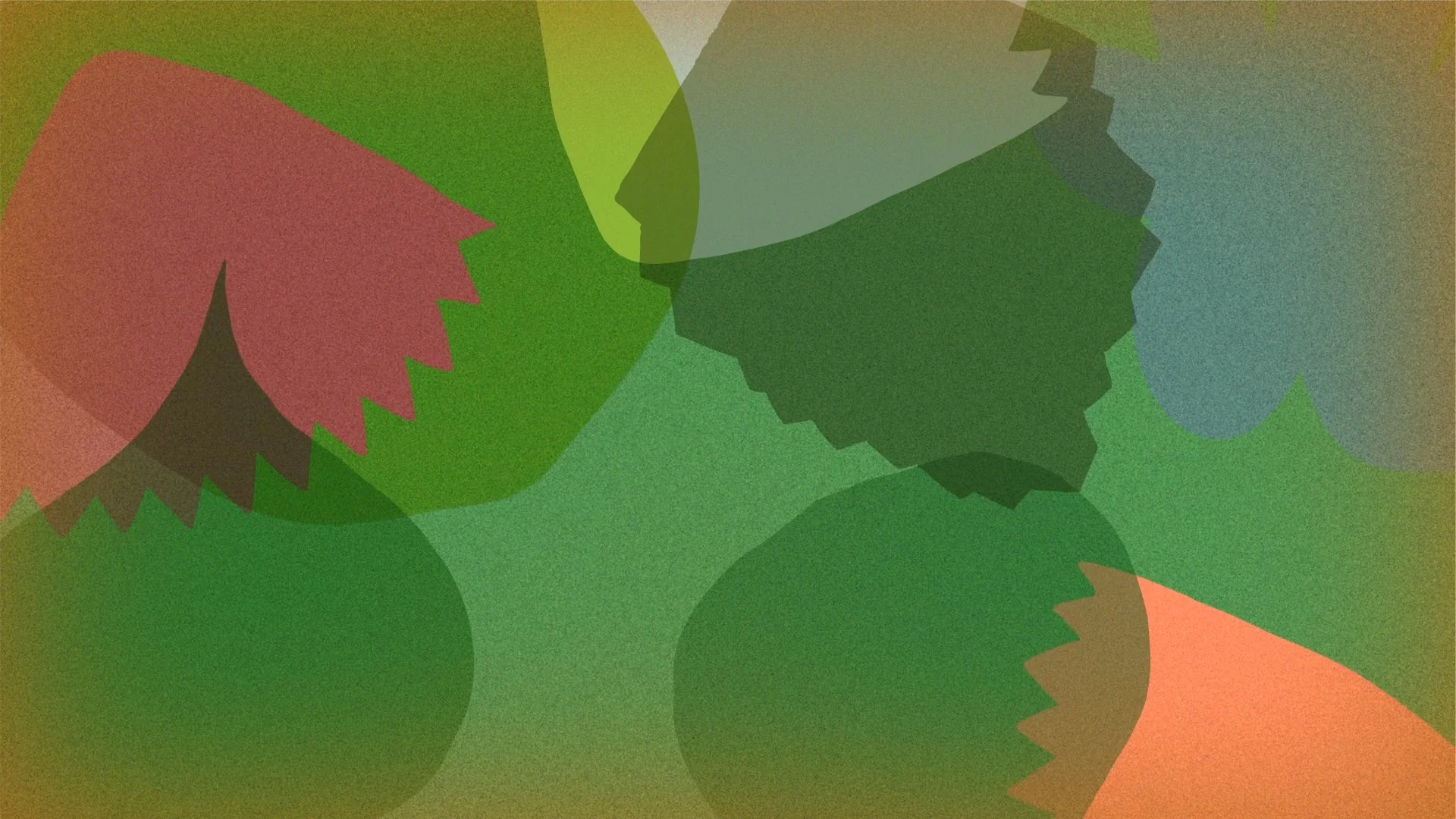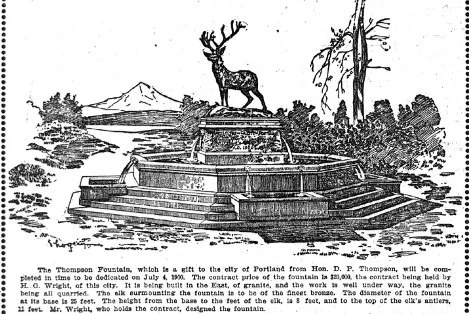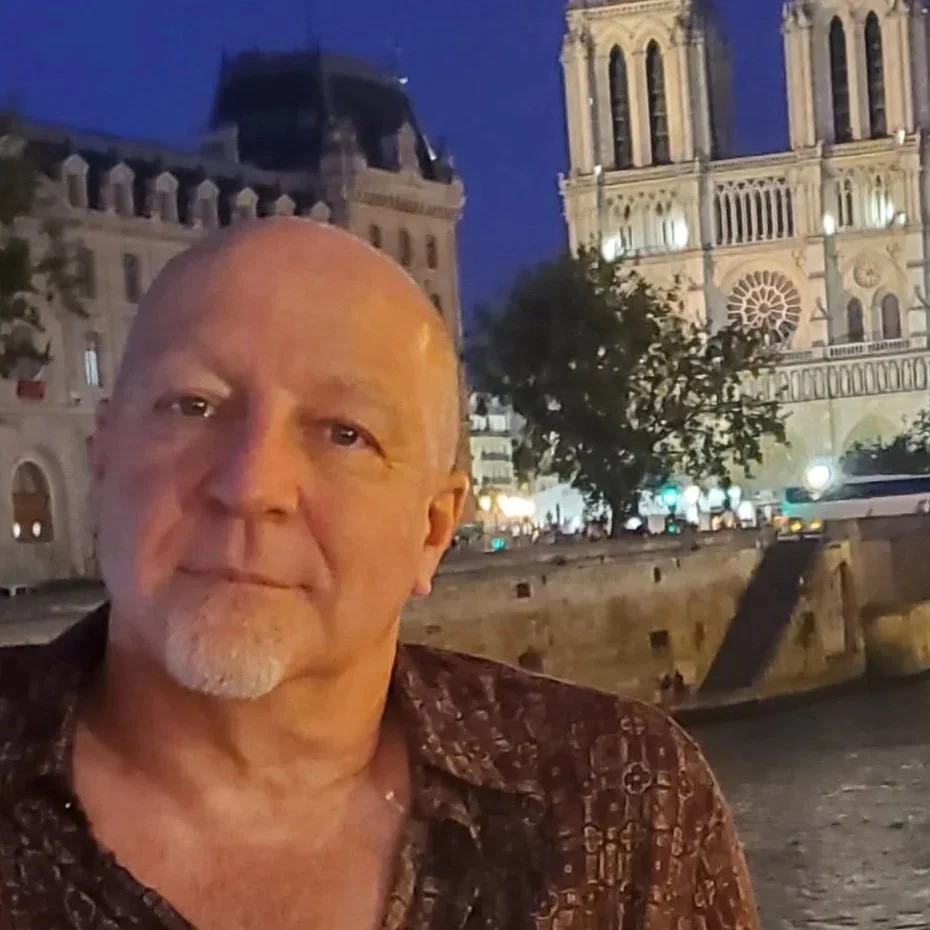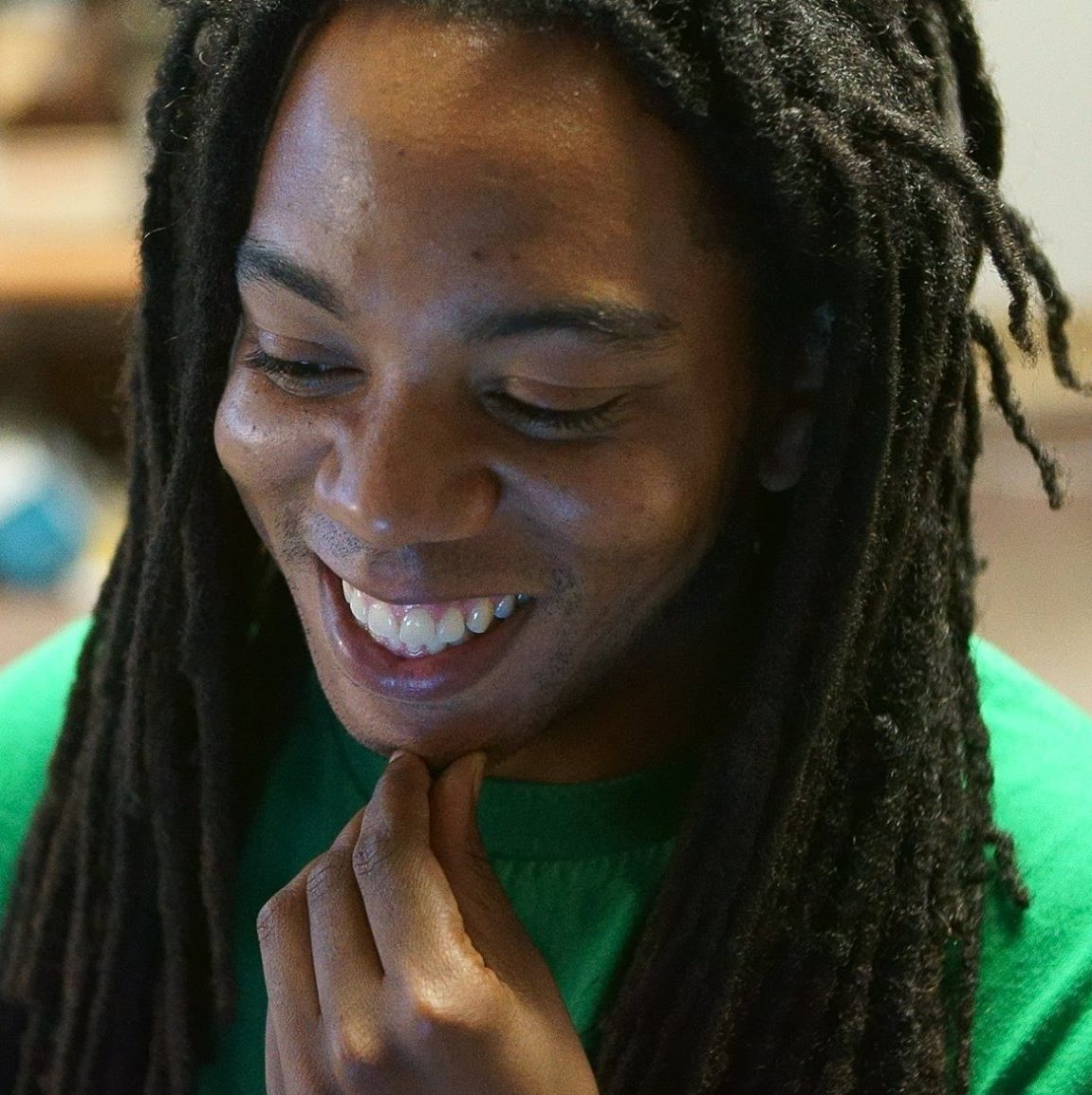Green Dreams Series 2025
on the Nature of Monuments
in partnership with the Portland Monuments Project
As the Thompson Elk Fountain returns to downtown this fall, we are reminded that our greatest monuments and icons are not simply images of people and pedestals, but of forces of nature, reflections of community, and reminders of the wild. This challenges the tradition of monument making, and begs us to question:
How do we remember in public? How can art, culture, and the wilderness itself inform our approach to monuments and memorial-making?
This fall, Portland Parks Foundation is partnering with the city’s Portland Monuments Project to examine the interplay of nature, monuments, memory, and cultural placemaking.
Join us in a series of events exploring how our Portland community is making memory - from installations in parks, to local forgotten histories, to imagined and future monumental works.
Calendar of Events:
September 27: Field Day: Placing Memory, Making Place in Peninsula Park
October 30: Through the Eyes of the Elk: Social, Structural, and Ecological Histories
Winter 2025/26: On the Nature of Monuments
Field Day:
Placing Memory, Making Place
in Peninsula Park
Partners: Dave Hedberg, Julie Hammond, Mark Smallwood, Pat Frobes
Parks hold more than your favorite tree, reading bench, or basketball court. Parks hold memory. They are often the site of public art, sculptures, and monuments. Parks and green spaces are our shared living rooms. Whose pictures do we hang on their walls? What gets remembered?
We are inviting parks advocates, volunteers, and creative community organizers to join us for an examination of Peninsula Park’s recent placemaking projects and explore ways to honor community-led history work.
Peninsula Park houses Portland's first rose garden, and a historic community center which has become a hub of community growth and experimentation, stewarded by members of the Friends of Peninsula Park Rose Garden (FPPRG). FPPRG’s vision is to preserve, protect, and enhance this world-class public garden of great beauty and rich historical legacy.
Touring Community-Led History Project
For the first half of our field day, join FPPRG members Mark Smallwood and Pat Frobes and local environmental historian Dave Hedberg for a tour of Peninsula Park’s community spaces and peek behind FPPRG’s ongoing sign project. Learn more about the project’s process — from community-engaged art projects to collaborations with students and historians— and discuss what it means to honor the complex history of public spaces.
Crafting Collective Memory
After the tour and discussion, participants will explore how stories can be remembered through a creative expression activity led by Julie Hammond. During this hands-on session, we will practice collaborative creative interventions to inspire new understanding of our public parks. Participants will explore public history and collective memory through personal stories, leading to practical and poetic interventions.
Images of “Storied Ground” project markers in Peninsula Park.
Detail Summary:
Date & Location: Saturday, September 27 at Peninsula Park (700 N Rosa Parks Way), 10:00 AM - 1:00 PM, meet at the gazebo
Audience: Teens - Adults; friends & allies to parks, park volunteers, neighborhood advocates, community organizers
Partners: Dave Hedberg, Julie Hammond, Mark Smallwood, Pat Frobes, and the Friends of Peninsula Park Rose Garden
Cost: Free
Panel: Through the Eyes of the Elk:
Social, Structural, Ecological Histories
Speakers: David Harrelson, Keith Eggener, Milo Reed
Moderator: Adam Davis
The David P. Thompson Elk Fountain has been a Portland icon for 125 years. Removed from its home downtown due to collateral damage from community protests in 2020, the Elk has been out of sight but not out of mind. The Elk is not just a fountain - it’s art, a gathering place, and a symbol. But, of what? For whom?
Join us for the second event in our 2025 Green Dreams series, on the Nature of Monuments. in partnership with the Portland Monuments Project (PMP). This panel discussion with historians explores the social, cultural, and ecological stories surrounding our iconic elk and how its meaning in our city has evolved over centuries. Plus, encounter for the first time two illustrated stories: one comic examining the history of the Thompson Elk Fountain, and one traditional story from Grand Ronde people of Mulak (Elk) Man.
As part of the PMP, this event is meant to inform Portlanders about the history of this beloved icon and inquire with residents about how we should approach monuments and memory-making in our city. Survey support offered by the PSU Regional Research Institute. A special thanks to Literary Arts for their venue partnership on this event.
Detail Summary:
Date: Thursday, October 30 at Literary Arts (16 SE Grand Ave), 6:00 - 8:00 PM
Audience: Teens - Adults; artists, history buffs, architecture fans, storytellers, culture seekers
Speakers: Keith Eggener, David Harrelson, Milo Reed
Cost: Free
David Harrelson
David Harrelson is an administrator, lecturer, and proponent for the arts and historic preservation. He works as the Cultural Resources Department manager for The Confederated Tribes of Grand Ronde, where he is also an enrolled member. He currently serves as the Vice Chair of the Oregon Arts Commission.
David has championed the use of his people’s ancestral art forms for the purpose of public art. He has worked in the field of cultural resources for 15 years. Some of his research and professional interests include ethnobotany, indigenous foods, contact-era Pacific Northwest history, and Western Oregon indigenous art.
Keith Eggener
Keith Eggener is Marion Dean Ross Professor of Architectural History at the University of Oregon in Eugene. Previously, he taught at the University of Missouri-Columbia, the University of Nevada-Las Vegas, and Carleton College.
He is author of the books Luis Barragán’s Gardens of El Pedregal and Cemeteries, and of essays and articles on art, architecture, landscape, urban design, cinema, photography, and material culture.
His work has been featured in Winterthur Portfolio, American Art, Places, TEDx, The Atlantic, 99% Invisible, and other academic and popular forums. Eggener edited the anthology American Architectural History: A Contemporary Reader and was editor of the 60-volume Buildings of the United States series and the Journal of the Society of Architectural Historians.
Milo Reed
Milo is a historical researcher, writer & oral historian, working all across the state of Oregon. He has completed projects for organizations like Vanport Mosaic, Oregon Black Pioneers, the Portland Parks Foundation, Oregon Heritage, The University of Oregon, the Oregon Historical Society, the Timbers Army, & Multnomah County Library.
He is passionate about African American cultural history, Black history in Oregon, & historic preservation efforts around the state. Milo has a unique ability to scour print & multimedia archives to find previously unused primary sources & create original content about underexplored historical subjects.
He has an M.A. in History from the University of Mississippi & he earned his B.A. in History from Southern Illinois University. He is a mediocre angler, a middling auto mechanic, a decent home cook, & he will play soccer again if his knees let him.
Event: On the Nature of Monuments
Details in the works - stay tuned! (Winter 2025/26)
We learned from the Elk that some of Portland’s most beloved monuments are not just of people or of times, but of forces of nature; they create places where people can gather and are emblems of deep cultural stories. How are we meant to honor public memory? What can we learn from creative and cultural approaches to memory-keeping and placemaking? What does nature teach us about how to remember?
Join us for our third Green Dreams conversation in partnership with the Portland Monuments Project. This panel discussion is meant to inform Portlanders about diverse approaches to monument- and memory-making and gather information on how residents think we should approach such endeavors in our city. Survey support offered by the PSU Regional Research Institute.
Green Dreams Speaker Series
Started in 2019 with the inkling that we need a new parks movement, PPF’s Green Dreams feature dynamic conversations between local leaders, spatial thinkers, historians, and community advocates to better understand the role —and the possibilities!— of today and tomorrow’s parks.








